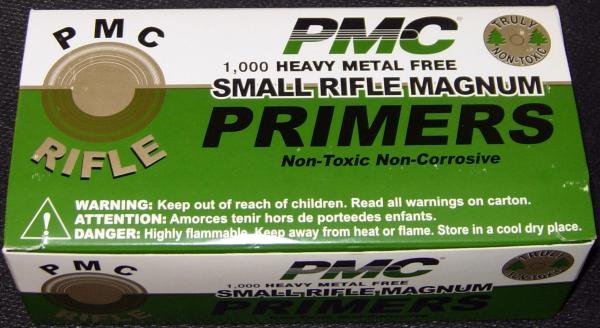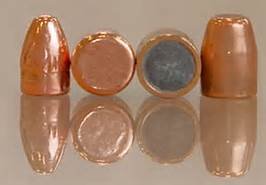There are five products you need. You can combine uses for some of them, and they are combined products for some, but you cannot combine all of them. And in general, individual products work better than combined ones.
1) General Cleaner - to remove dirt and gummed up lubricant. I use Brake Clean. Works well, and cheap by the case at Costco. WD-40 is a pretty good cleaner also.
2) Bore cleaner - used to remove fouling from the bore. Depending, you may need a few different ones. I primarily use Hoppes #9 with some occasional use of others if needed. Primarily copper cleaners.
3) Oil - oil is used primarily for parts that rotate. Parts on pins and things like that. I use Mobil 1 and a couple of "gun" oils that I have picked up over the years. Marvel Mystery Oil and WD-40 are NOT lubricating oils. And use of them as a lubricant can cause wear. Both are very light fractions and will evaporate over time. Rem Oil is a "gun" oil that is not a good lubricant either.
4) Grease - grease is used for sliding parts. I use grease on pistol rails and where bolts slide on the receiver. Mobil 1 red synthetic grease is great. Even better is Mobil 1 synthetic grease with moly. But watch out, moly stains clothes. I use Brian Enos SlideGlide on pistols. Brian swears by it, and it has shot a few rounds of pistol over the years.
5) Rust preventative - this is used to wipe down the exterior of firearms after they have been handled. Fingerprints are highly corrosive and will rust very quickly. Also, moisture in the air can cause rust on unprotected surfaces. MMO, WD-40, and RemOil are all pretty good for this use. I used BirchWood Casey Sheath or Barricade. It has protected my firearms for a number of years. And that is a number of years without them being taken out of the case at all.
As to how often to clean, when the firearm needs it. When there are functioning issues or accuracy drops off. Most people clean too much. And cleaning too much can cause more damage than shooting. A lot of the clean after every use comes from the days of corrosive primers. And the military trying to instill a habit into new soldiers. But in the military if you ruin the barrel with over cleaning, they just replace it, for free. If you overclean and damage your barrel, you get to pay to have it replaced.
Some of my pistols and shotguns have gone thousands of rounds and a year or more between cleanings. Never had an issue.
So I've cleaned a pistol a few times now that I'm a couple thousand rounds into it. I clean it after every use. 50 rounds or 300 rounds doesn't matter. I clean and lubricate it. However, at what point do you take the whole thing apart and do a full clean and lubrication?
Another forum, "experts" state they take the grips off (Sig Sauers) at every cleaning and lubricate in there too.
I stripped a new Sig P938 to clean and lubricate before my first trip to the range and it was a pain in the butt to put back together. Nothing like the P226. That thing is a piece of cake and a tank comparatively. I imagine the more in depth I get the harder it gets to reassemble without possible damage or potential mistakes in reassembly.



